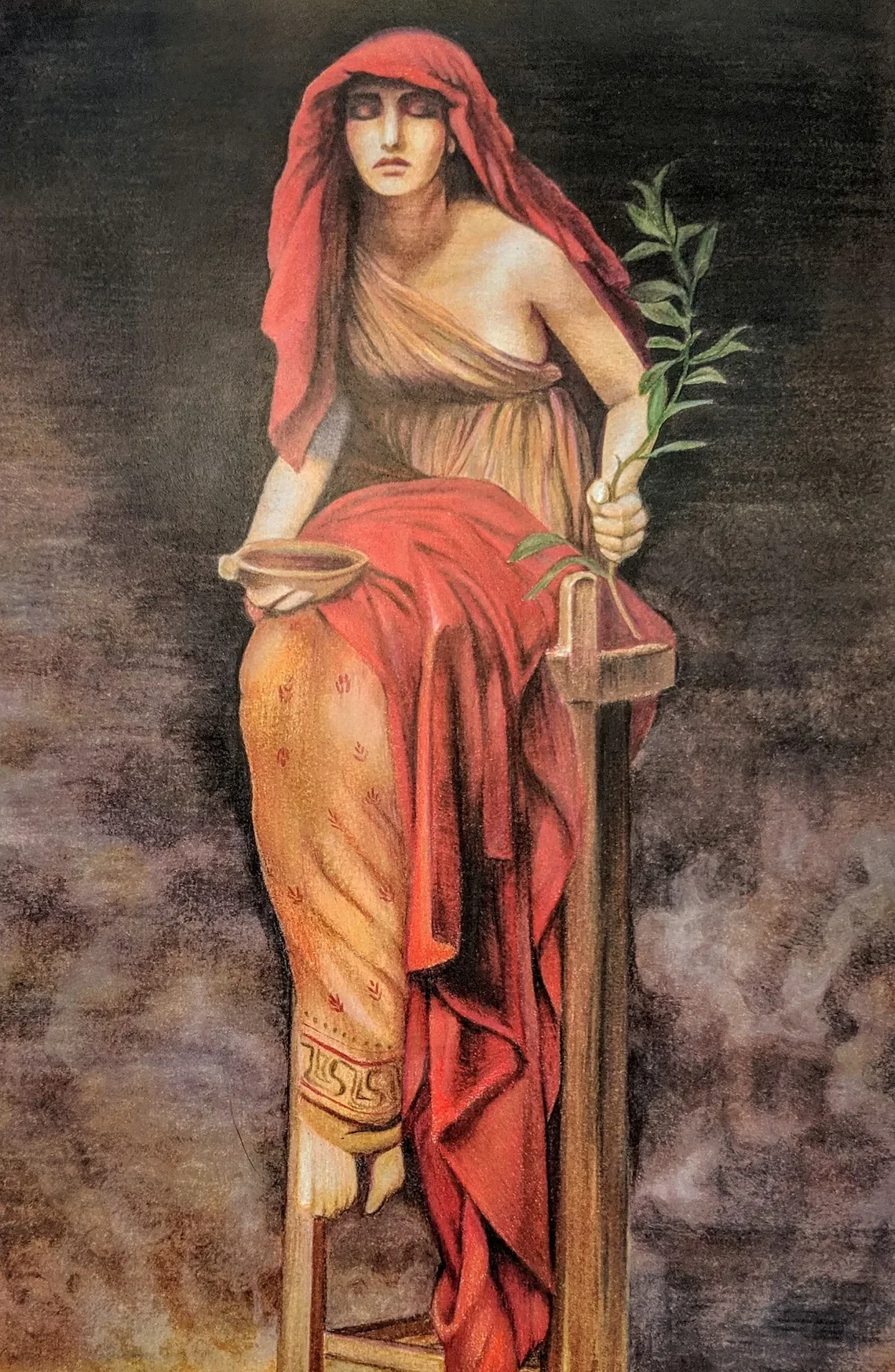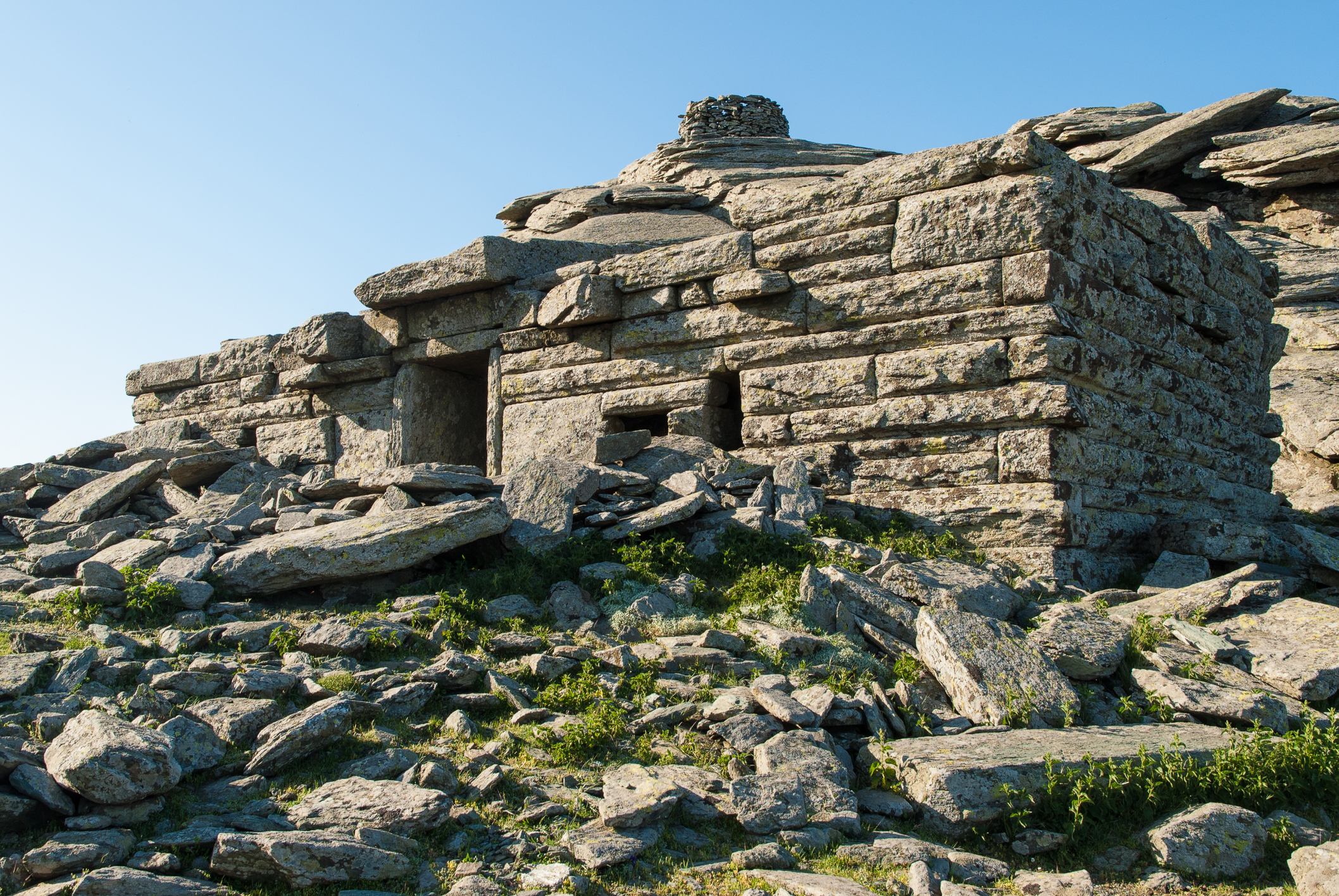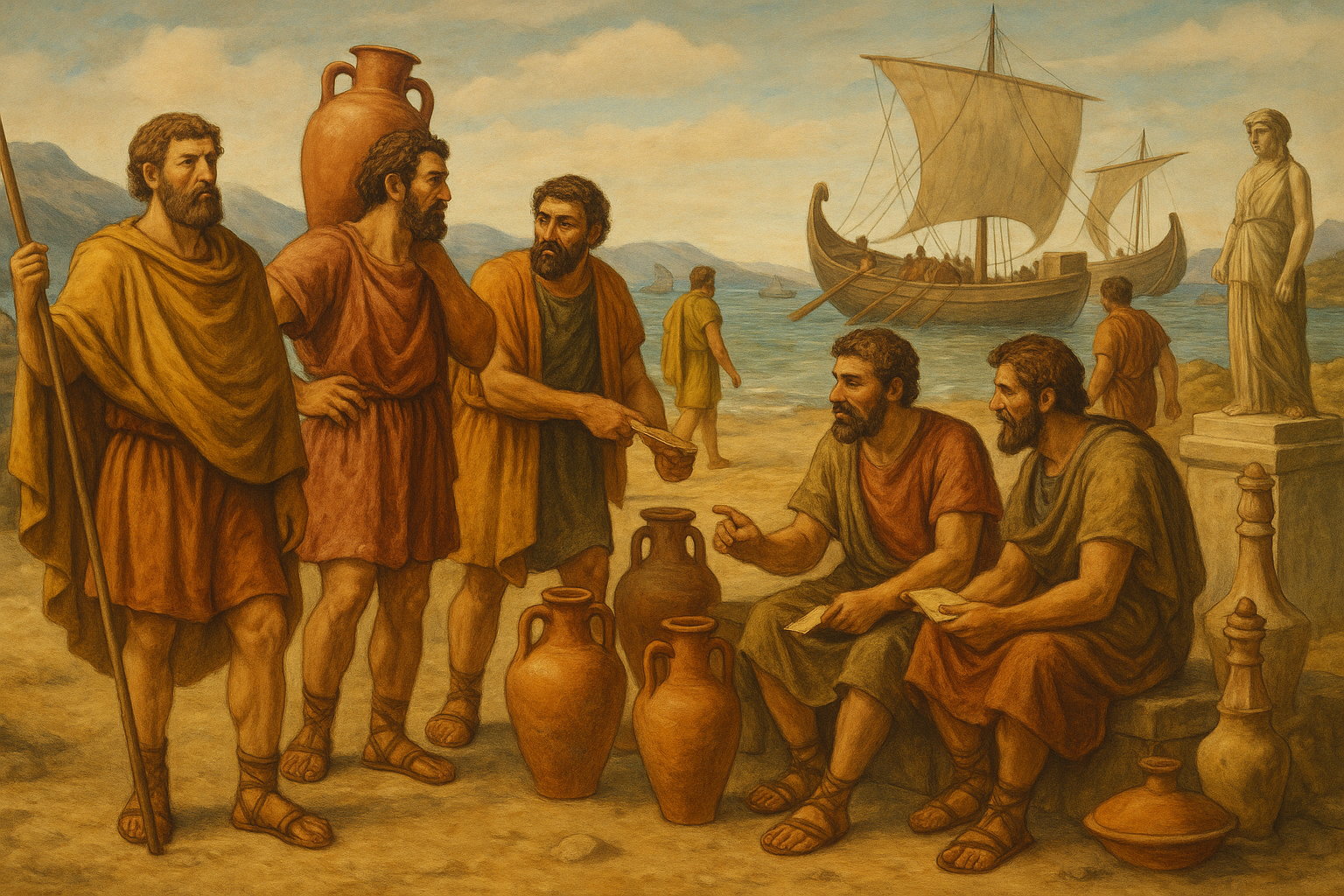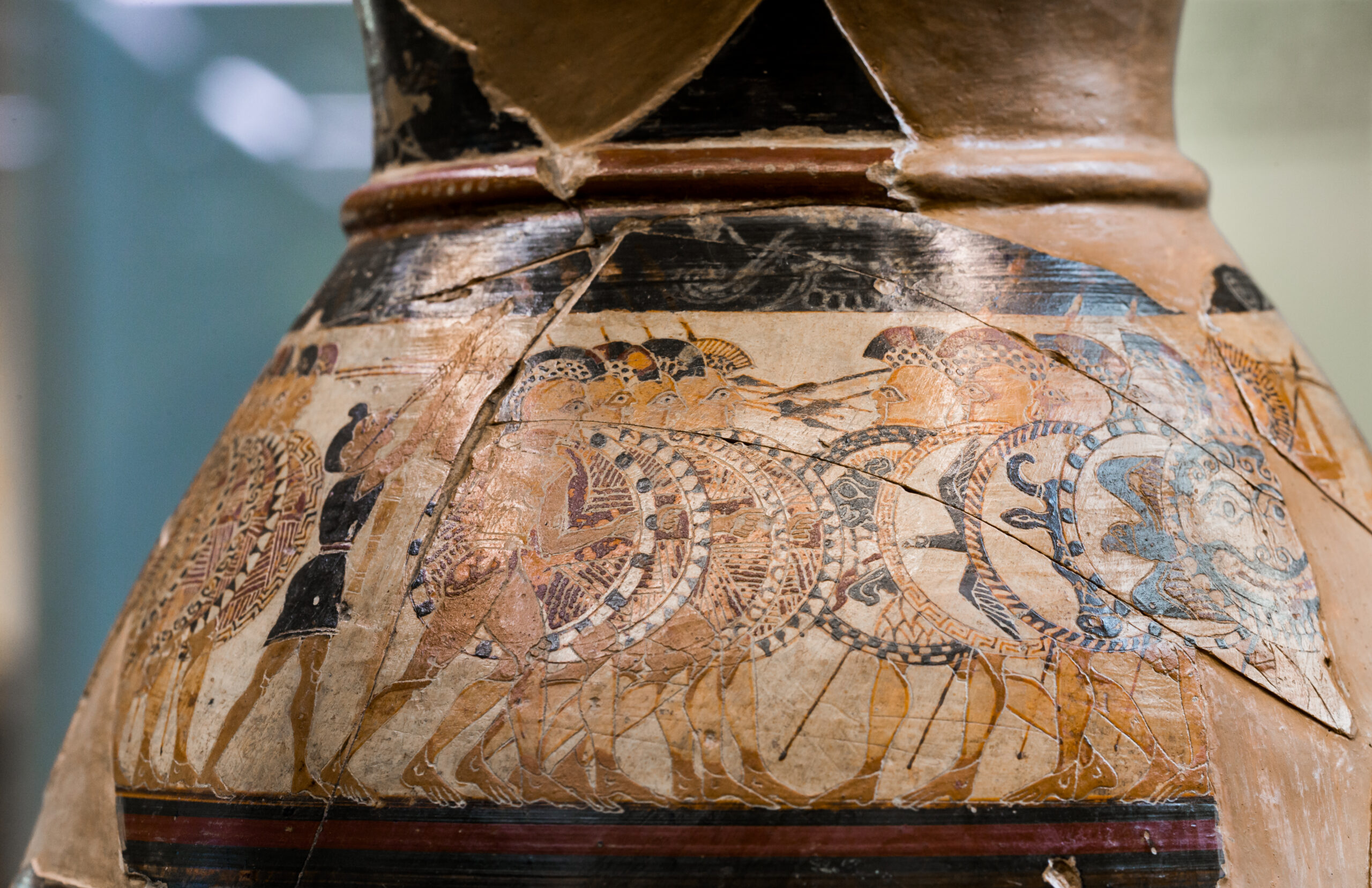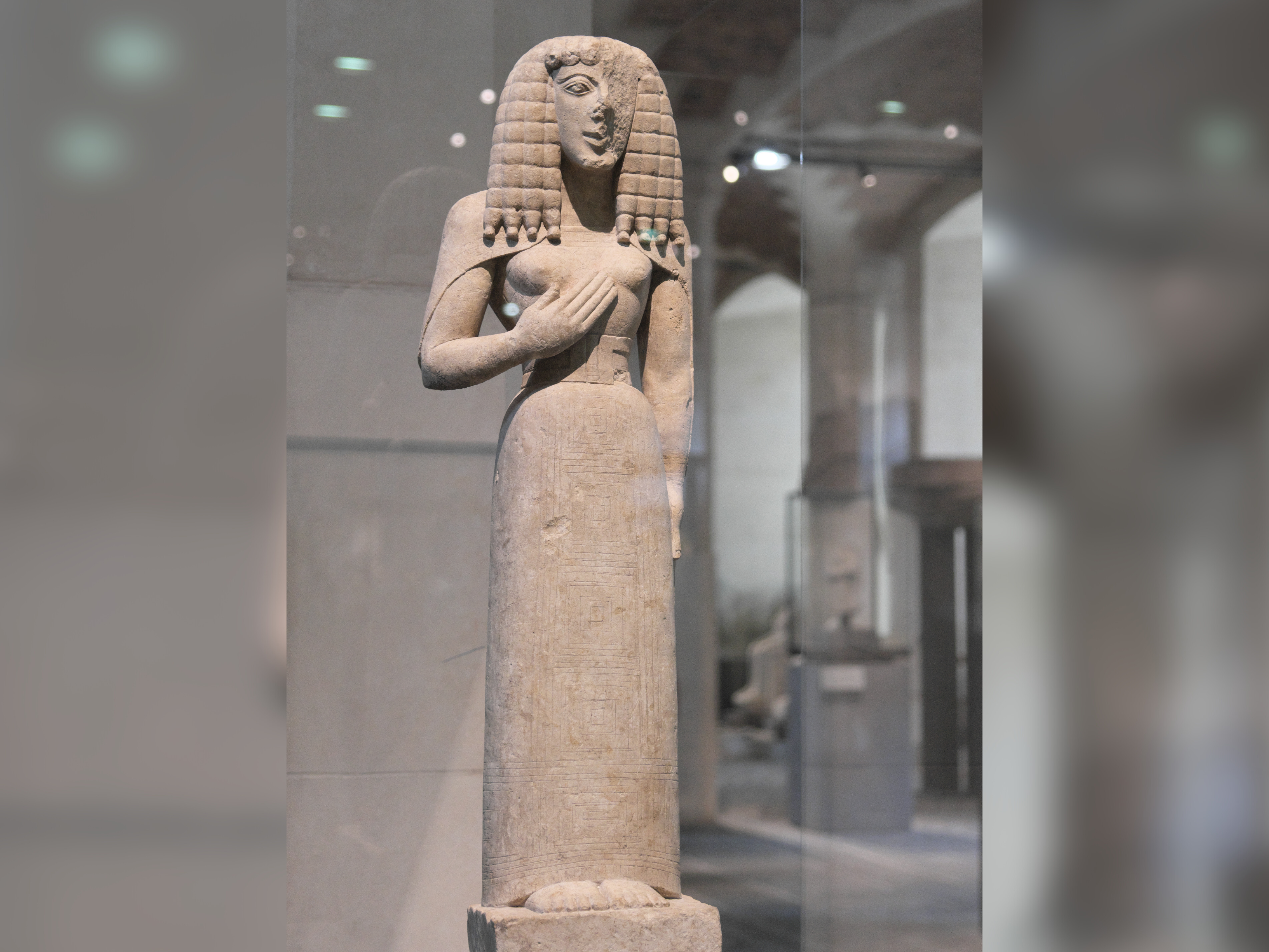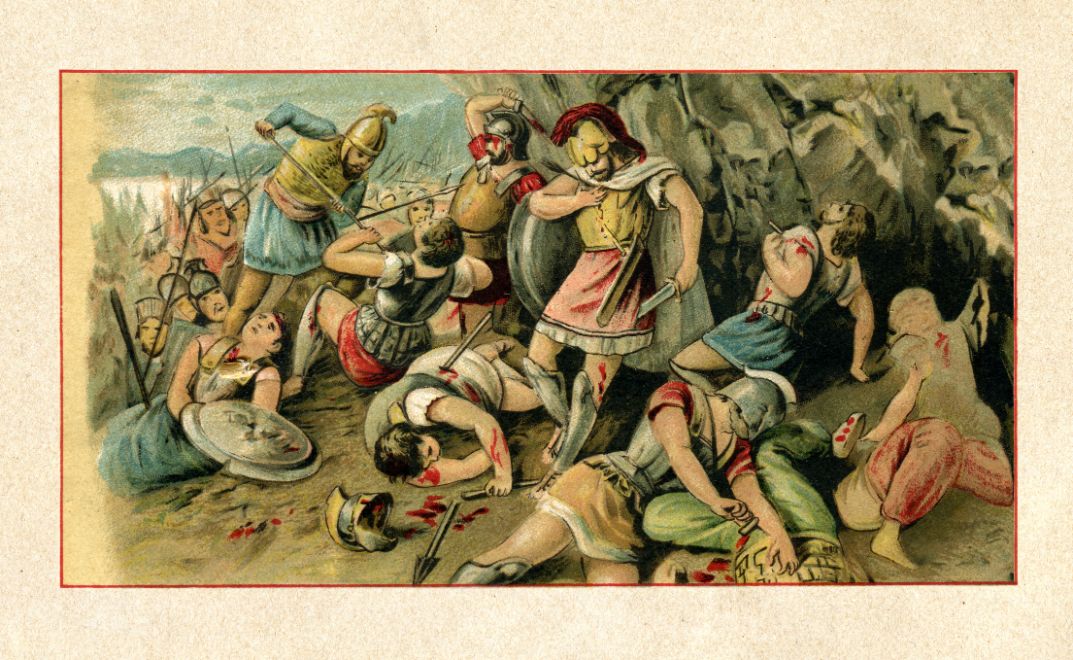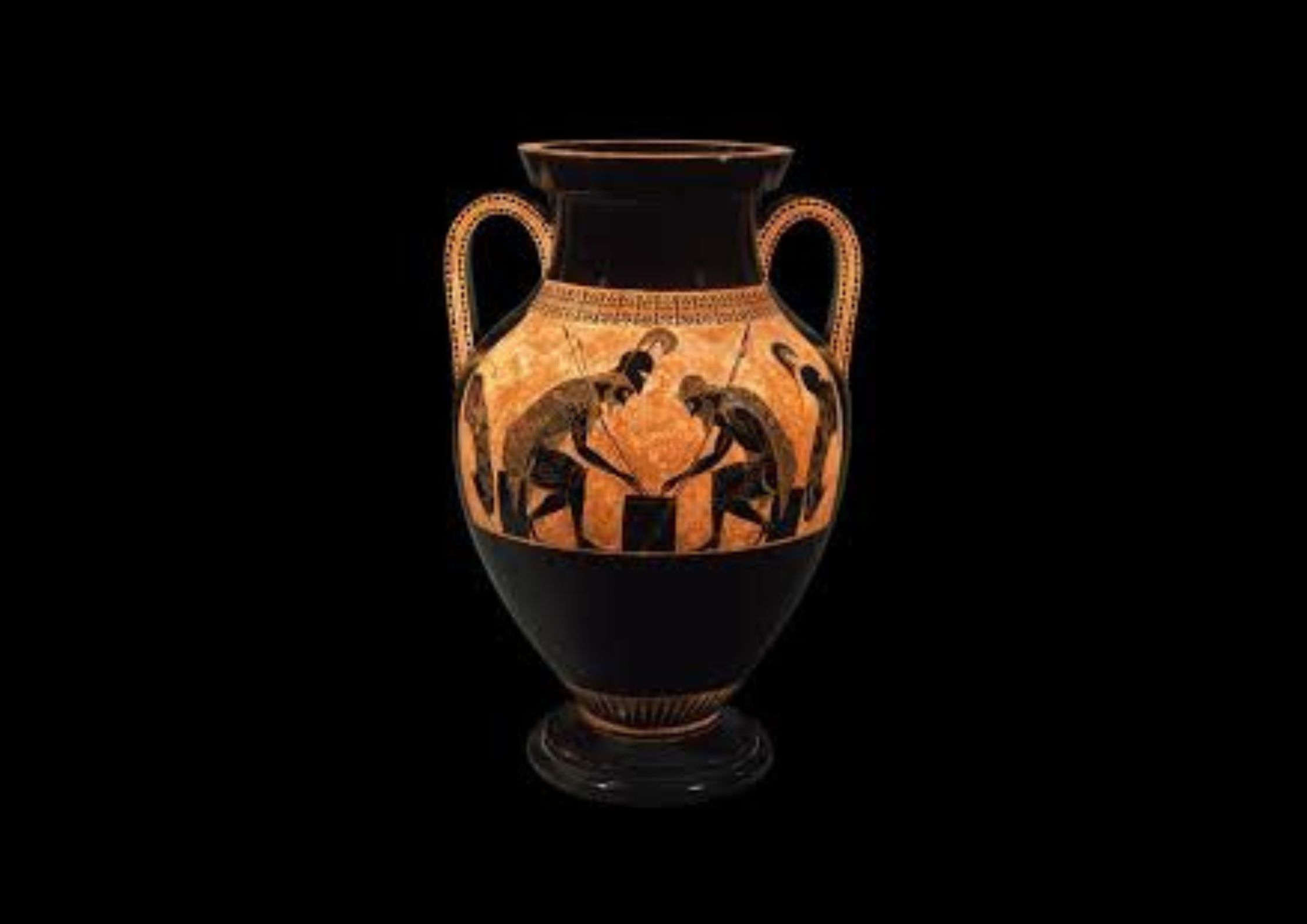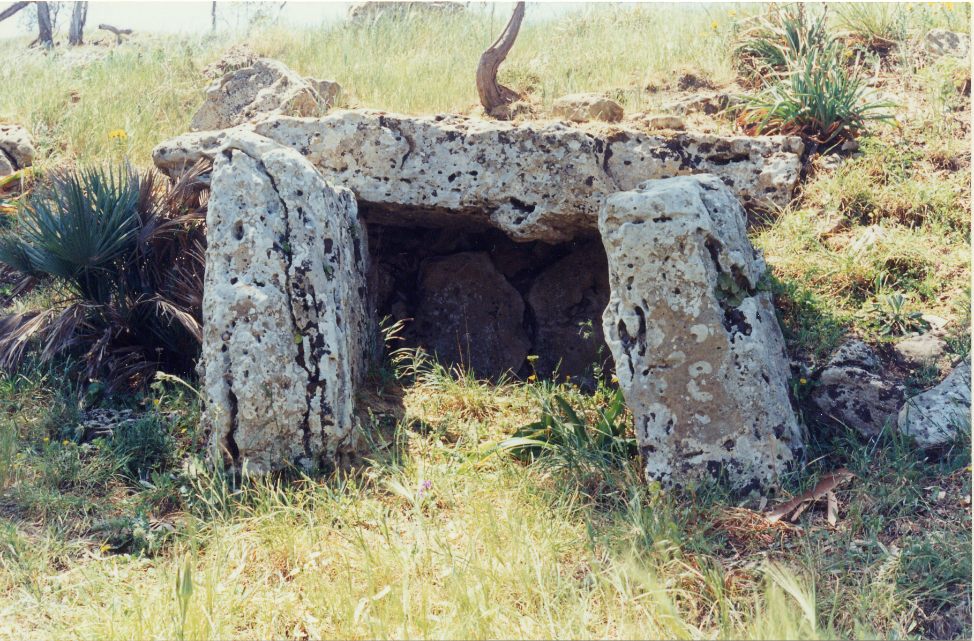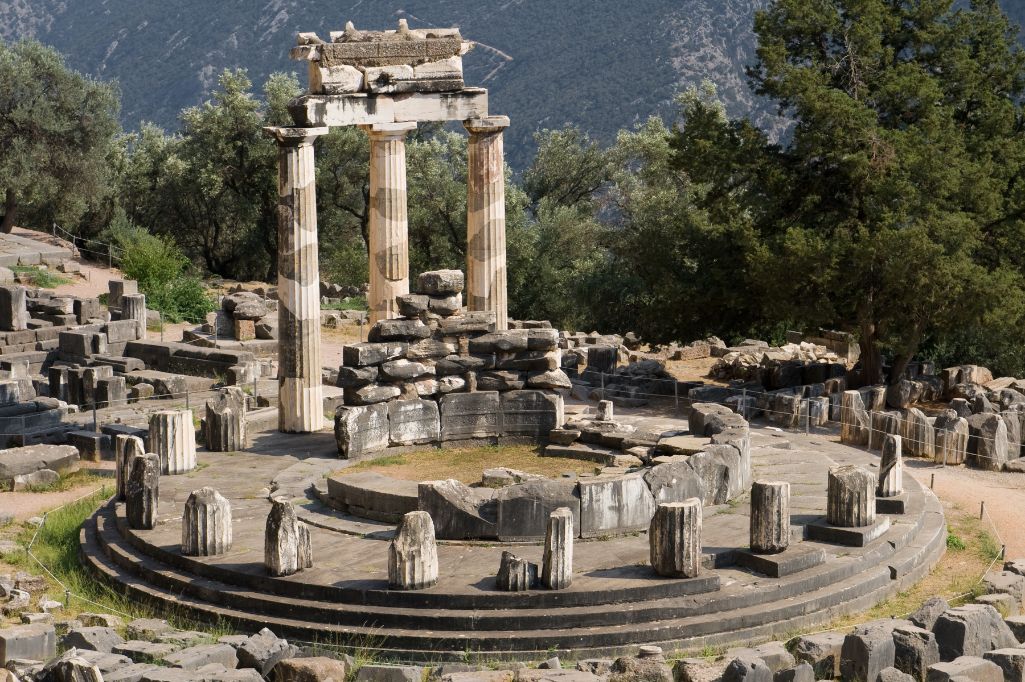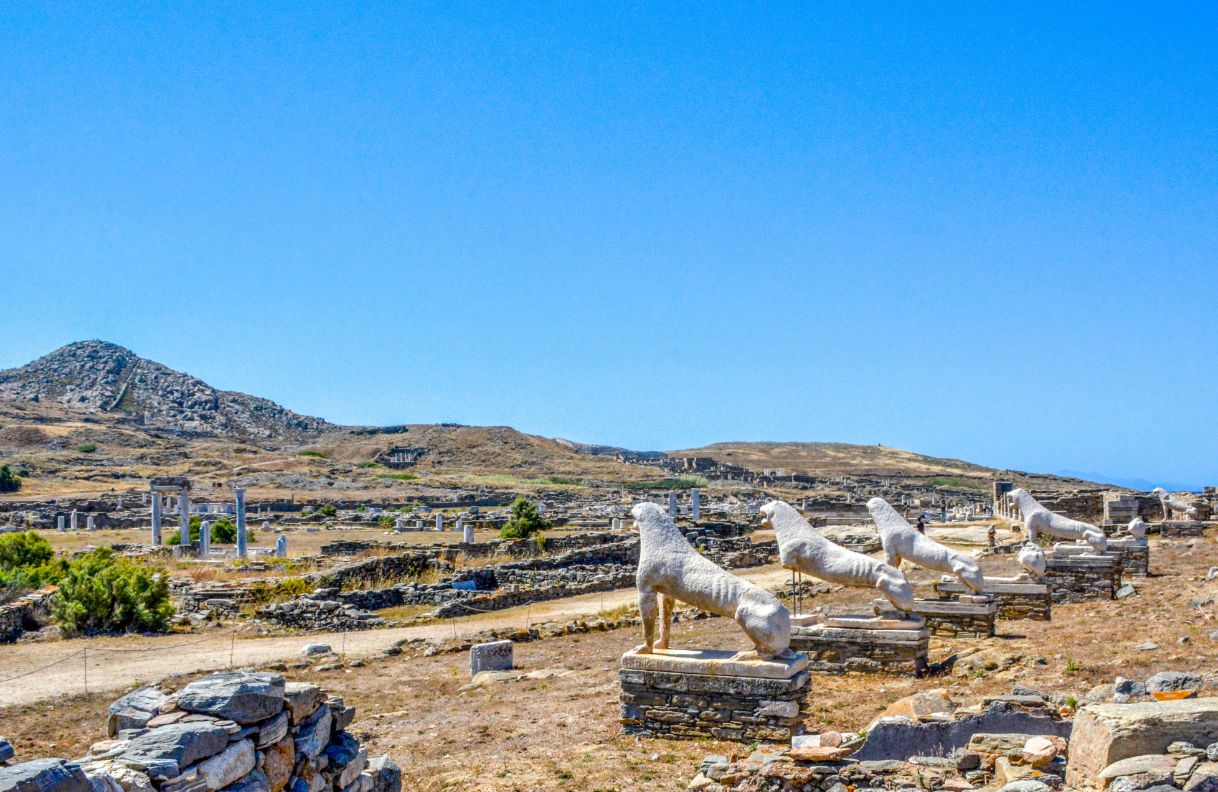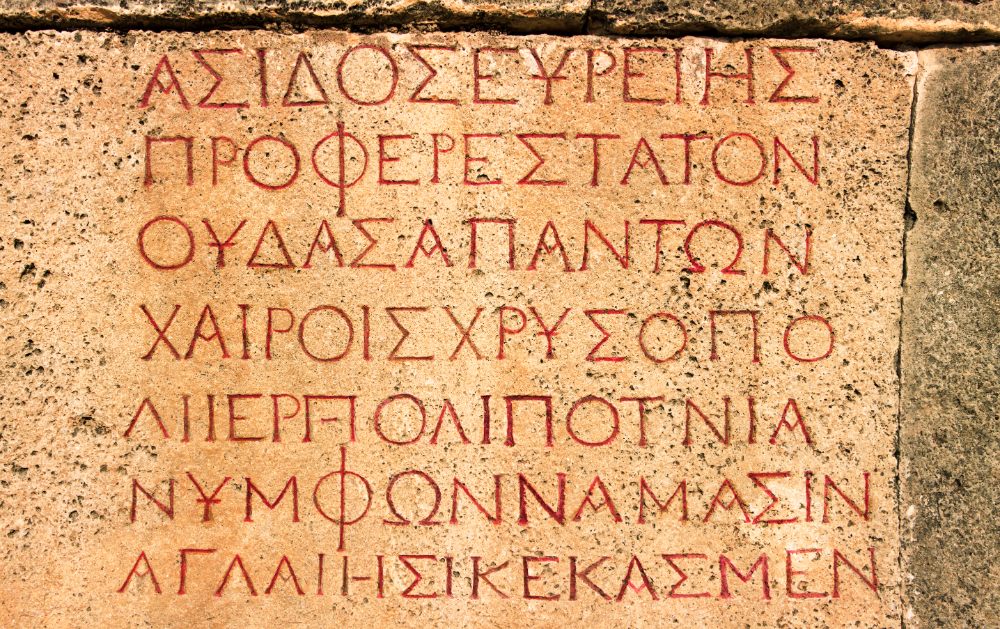The Cultural Heart of Ancient Epirus
Ancient Dodoni, nestled in the region of Epirus in northwestern Greece, is one of the most significant archaeological sites, renowned for its oracle and its cultural and religious influence in ancient Greece. Dodoni served as a major religious sanctuary dedicated to Zeus, the king of the Greek gods, and was home to the oldest Hellenic oracle, even predating the famous Oracle of Delphi.
The sanctuary’s origins are shrouded in mystery, believed to date back to the second millennium BC. At its heart was a sacred oak tree, where priests, known as Selloi or Helloi, interpreted the rustling of the leaves and the cooing of doves as messages from Zeus himself. This unique form of divination attracted visitors from across the Greek world, seeking guidance on matters ranging from personal dilemmas to political decisions.
In addition to its oracle, Dodoni was also known for its impressive theater, built in the third century BC during the reign of King Pyrrhus of Epirus. The theater is one of the largest in Greece, capable of accommodating approximately 18,000 spectators. It was a venue for dramatic and musical performances, reflecting the rich cultural life of Dodoni and its significance as both a spiritual and entertainment center.
Dodoni’s religious and cultural activities flourished until the rise of Christianity, which led to its gradual decline. Today, the archaeological remains of Dodoni, including its theater, temples, and oracle site, offer valuable insights into the religious practices, architectural advancements, and cultural dynamics of ancient Greece, highlighting its enduring legacy in the region and beyond.


